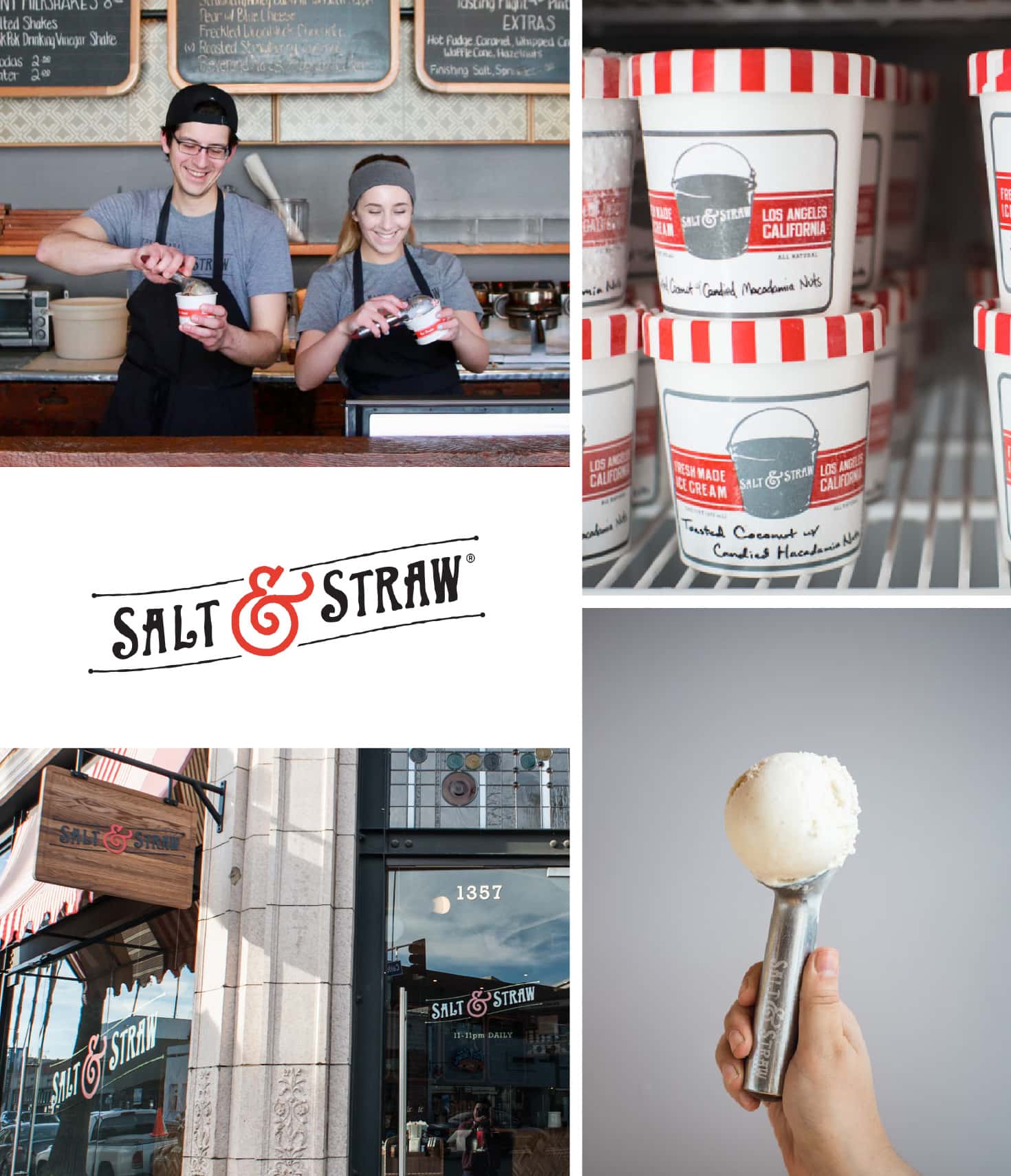
The Spark: When others batten down hatches, hoist up the sails
For G4 Kegs, the spark was becoming a new kind of industry leader — one that prioritized meaningful partnerships in a time when the brewing industry was aflame.

*Note: This is part of a series on the Kinesis blog about the wicked problems facing small businesses. Check out some other examples of wicked problems: Client Concentration Risk and Market Commoditization.
Jane Brown has been at the top of her game for a long time. She built a remarkable electrical contracting business – driven by a good idea and powered by capable people.
And yet, she dreams of more. She knows she created something great with this company, but there’s just one problem: It seems like nobody has ever heard of them.
While Jane recognizes that something needs to change, she can’t immediately identify the issue – since some of the common symptoms sound deceptively positive:
But there’s a shadow side to these early indicators, and it’s when you dig a little deeper that they become problematic:
We call this being a best-kept secret.
Of course, there are times when best-kept secrets are desirable – like when you’re traveling and seeking a destination off the beaten path.

Take, for instance, a gelato shop in the back streets of Rome. When the shop was founded, it was probably with a vision for producing hand-made artisanal ice cream with only the purest, locally sourced ingredients.
For a lifestyle business like this, being a best-kept secret might actually be preferable. The owner is able to focus on his passion: creating something good and letting his product speak for itself.
To be sure, this strategy is not necessarily a bad one. With an awesome product and loyal fans, any business (be it electrical contracting or ice cream), could succeed.
But for many other businesses, the opposite is true: Jane doesn’t want to be tucked away in a quaint cobbled alleyway. She wants to be front-and center – so that anyone who could benefit from her service has visibility and access.
Why? Because this ensures that she controls her own future, and doesn’t depend on a customer stumbling upon her business by pure chance.
We find that this pervasive issue boils down to two main challenges: (1) You know you have something special, but you struggle to articulate exactly what sets your business apart, or (2) even if you do have a strong value proposition, you need better ways to get the message out.
There are a few reasons that business leaders struggle with this.
Perhaps it’s because we were brought up not to be arrogant or braggadocious (pride cometh before the fall, and all that).
Or, this could be a result of an interesting irony in the marketing world: that often times it is the inferior competition doing the most “shouting from the rooftops.” This can leave a bad taste in the mouths of those doing business the right way, and make them not want to follow suit.
It’s also possible that business leaders are hesitant to share their secret because they’re (consciously or subconsciously) afraid of growth – that it will force them to compromise the values that brought them this far on their journey. This is understandable, as I’m sure the aforementioned gelato shop owner would not want to dilute his product for the masses to in the interest of becoming the next Baskin-Robbins.
That said, there is a happy medium to be found between the corner gelato shop and a corporate conglomerate. Take Salt & Straw – a Portland-based artisanal ice cream company that was founded on many of the same principles. However, they have found ways to scale this core identity: rather than compromising their value of locally sourced ingredients, they continue to source locally in each new city they enter.

They have stayed true to what makes them remarkable, while also building a sustainable, controllable business immune to luck. If you’re familiar with Salt & Straw, you know this strategy has worked: they have lines out the door at every location, and they have now expanded beyond Portland to include 19 stores throughout the West Coast.
If you, too, want to go from Old Bridge to Salt & Straw-like success, there is a path forward. Like any problem, the solution to de-secretizing your company requires time, dedication, commitment, and patience.

To begin this process, start by asking yourself the following questions.
Part of not being the best-kept secret anymore means getting the word out – and one way to measure the success of that effort is to track performance via marketing metrics. However, marketing metrics are a flighty temptress – be careful not to become wrapped up in the wrong ones. Identify clear goals for your marketing activity, and measure, measure, measure.
(Pssst: Not sure what the right metrics are? Check out our blog post on how to tie marketing to business performance.)
Word of mouth marketing is probably one of your greatest sources of new business, but has that activity been sporadic up until this point? If so, there may be opportunities to formalize and systematize your referral program to encourage even more word of mouth. Take another look at your referrer network and consider targeting, messaging, and nurturing them more thoughtfully.
(Pssst: To learn more about how to harness the power of referrals, read how to create a referral program that works.)
As we mentioned, one of the hallmarks of this problem is an internal culture that seems incredible from the inside, but is totally invisible on the outside. If the secret you’re keeping is hampering your recruitment efforts, it’s time to make a change. Look for ways to re-energize your recruiting program so that prospective candidates know how great it would be to work for you.
(Pssst: Need help knowing where to start? Take a look at this article about how to recruit and retain the best of the best employees.)
The first step to sharing a secret is to know the secret. You should be able to confidently answer the question, “Why would your ideal customer purchase from you rather than your competition?” Your competitive differentiation is the combined elements of your company’s signature approach that make you unique and remarkable – and here’s a hint: great customer service or on-time delivery is not remarkable. Think about what sets you apart, and then be ready to shout it from the rooftops.
(Pssst: For tips on how to begin thinking about your value proposition, we wrote this helpful guide.)
Help prospective clients understand what you do, who you are, and what you stand for. One way to do this is by using one of our most fundamental communication methods: storytelling. Tying your brand to a story acts like a mental shorthand, helping people connect your company to something they already understand and trust.
(Pssst: Storytelling is one of our favorite marketing tools at Kinesis. Find out why.)
While this problem is a pervasive one among many small businesses, the good news is that it’s entirely fixable. If your business has made it this far, it’s probably because you’re doing something worth sharing – congratulations!
Now, with the right preparation and resources, you can take your organization from the best-kept secret to the next best thing.
Get insights like this straight to your inbox.